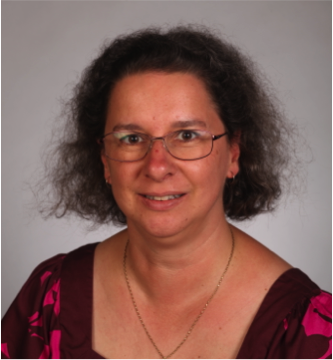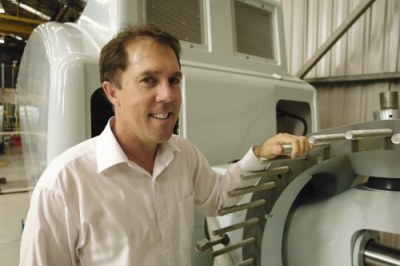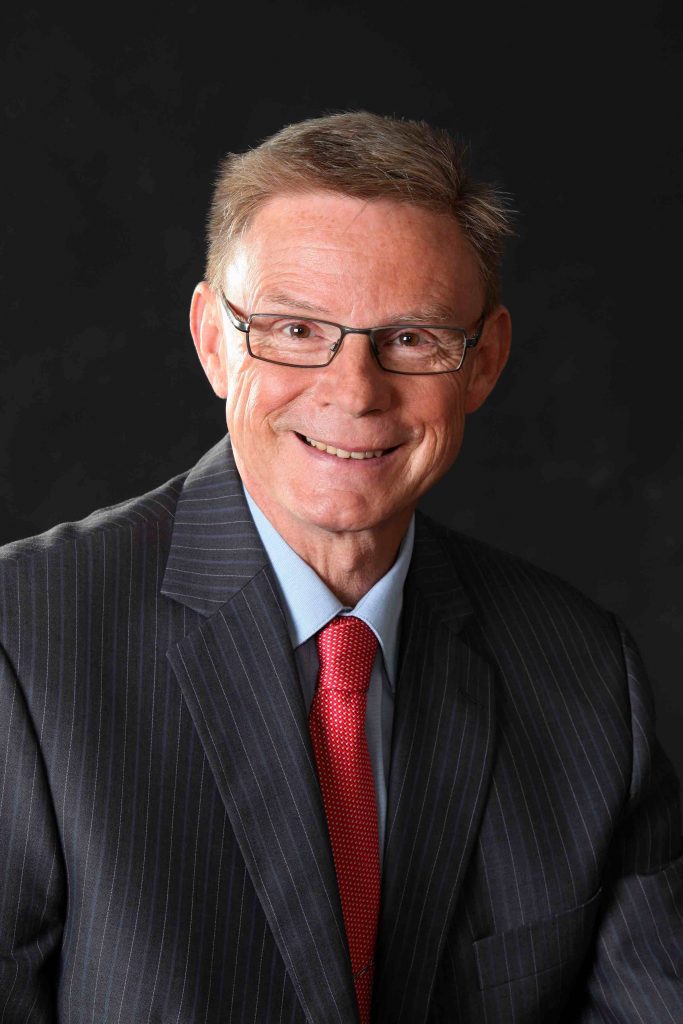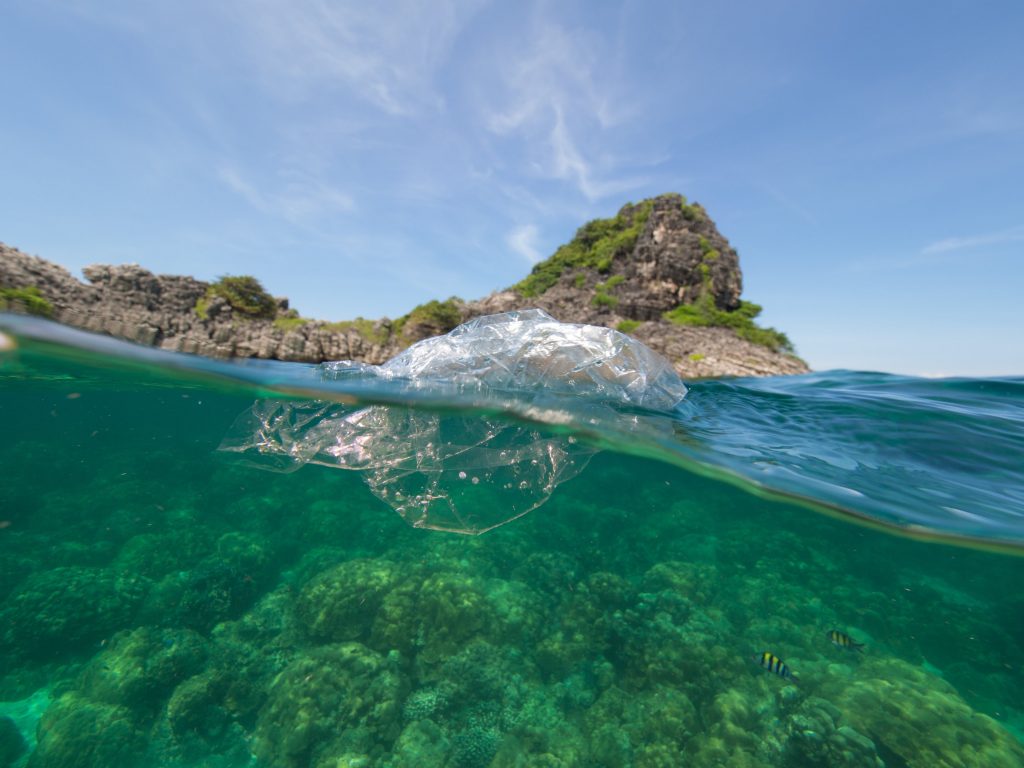Tuesday 18 June 2019 at 6pm
EIT Taradale, Lecture Theatre 2

Assoc. Professor Sonja Ellis
Te Kura Toi Tangata, Division of Education, University of Waikato
Members of the public are welcome – gold coin donation please
| The prevention of sexually transmitted infections (STIs) is an important public health measure for maintaining sexual health at a population level. In Aotearoa New Zealand (NZ) sexual health surveillance data suggest that young people are at substantially higher risk of contracting STIs than in other western countries including the UK and Australia. While the issues around engaging young people in good sexual health practices are not new; the contextual landscape (e.g. the acceptance of casual sexual engagement, increasing visibility of same-sex sexual relationships, and changing understandings of gender) is markedly different than in previous generations. Drawing on my expertise in LGBTIQ psychology, my recent study of sexual health practices in 16-19 year olds in NZ, and current international research, this talk explores some of the contemporary challenges of sexual health promotion and STI prevention among today’s youth. Implications for sexual health education/promotion will be discussed.
Sonja J. Ellis is an Associate Professor in Human Development at The University of Waikato, and is known internationally for her work in the field of LGBTIQ psychology. She is co-author of the textbook Lesbian, Gay, Bisexual, Trans, and Queer Psychology: An Introduction(Cambridge University Press, 2010) – the substantially revised and updated version of which is due out later this year. In 2013 she was awarded the Gender Identity Research & Education Society Research Award for her involvement in the UK Trans Mental Health Study 2012. Having recently completed a Master of Public Health degree for which she undertook research around youth sexual health, Sonja is now working on a small-scale collaborative project with colleagues on suicide risk in trans and gender diverse persons in Australasia.
|











